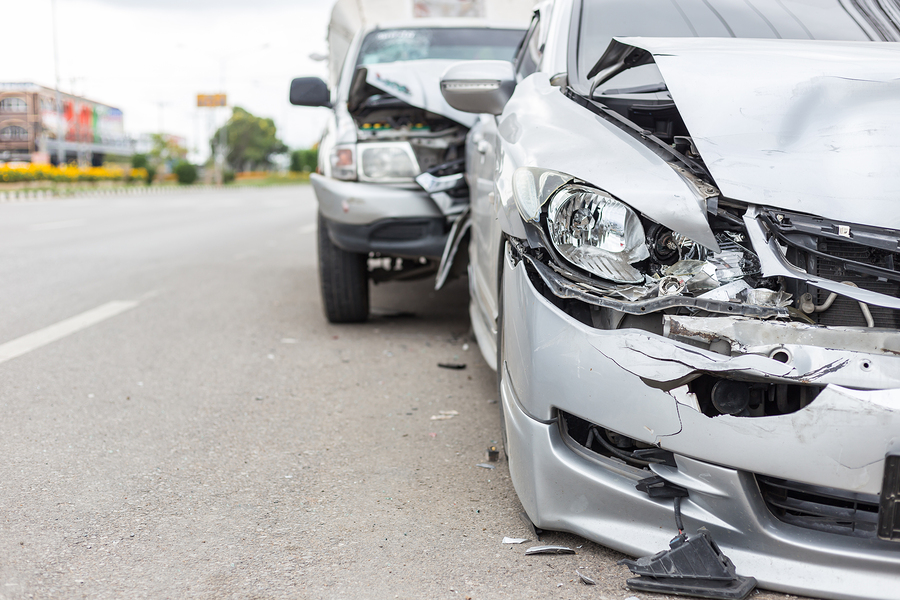Car accident victims can suffer from a number of injuries. One of the most common injuries, however, especially among people who were involved in a rear-end crash, is whiplash. The effects of whiplash can quickly become debilitating, making it difficult to perform daily tasks and requiring injured parties to take days or even weeks off from work. Fortunately, Virginia residents who sustained a whiplash injury as a result of someone else's negligence can recover compensation from the at-fault parties by retaining an experienced Richmond personal injury attorney who can help them file a claim.
What Is Whiplash?
Whiplash is caused by the sudden stretching or straining of the muscles, ligaments, and tendons in the neck and is usually the result of a person's head snapping forward because of a severe impact. Whether the injury is minor or serious, whiplash tends to involve certain symptoms, such as:- Neck pain
- Stiffness
- A limited range of motion in the neck and upper back
- Dizziness and nausea
- Headaches
- Numbness in the arms or hands
Potential Damages
If an injured party is experiencing these types of symptoms, his or her doctor will usually order a series of tests before making an official diagnosis. This includes CT scans and MRIs, both of which are extremely expensive. Once diagnosed, a person suffering from whiplash may need ongoing physical therapy, prescription medications, and follow-up appointments. These costs can quickly add up to overwhelm an injured party's finances, especially if he or she is unable to work because of the injury. However, injured parties who can demonstrate that an accident was the result of someone else's negligence can collect compensation for these costs in addition to:- Future medical expenses
- Lost wages incurred because the injured party was forced to take time off from work
- Loss of future income if an injury results in permanent disability
- Property damage sustained during the crash, including vehicle repair or replacement
- Compensation for the pain and suffering endured by the victim as a result of the accident


